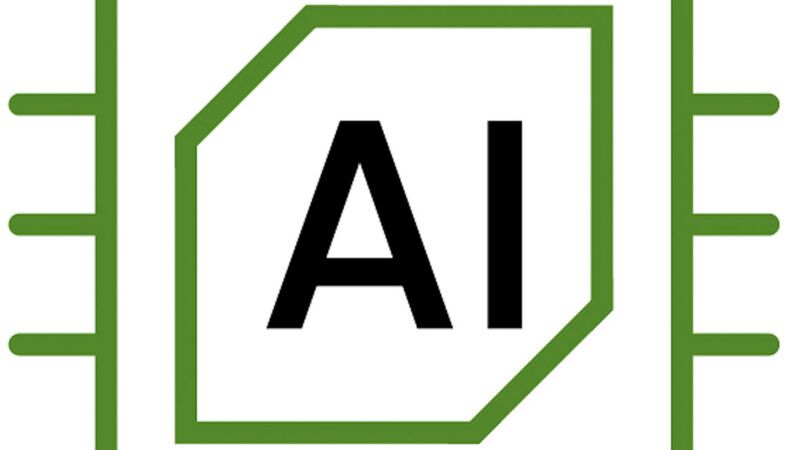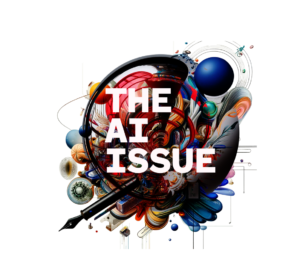Review: Understanding AI Helps Separate the Sci From the Fi
Like it or not, AI is here to stay. In his newsletter, Timothy B. Lee helps explain what comes next.


Seemingly overnight, artificial intelligence went from a far-future science fiction technology to a real thing that is supposedly on the verge of ushering in utopia and/or killing the human race. Lost in the shuffle of this discourse is serious discussion of what AI technology can actually do and what real-world effects it is having.
Explaining actual AI products is the core of Timothy B. Lee's excellent Substack newsletter Understanding AI. Lee, a journalist (and occasional Reason contributor), refreshingly covers AI like a normal newsworthy subject. His articles include a nice range of original reporting on the companies and nonprofits producing AI, service journalism on how ChatGPT compares to Gemini, even-handed analysis of the legal and regulatory questions AI has inevitably provoked, and explainer articles on what even is a large language model.
The biggest takeaway is that, for all the boosterism and doomerism, AI will be a normal-ish technology that will have normal-ish impacts on the world. One of Lee's best entries is a deep dive into how AI has affected one of the industries where it already predominates: language translation. Turns out that prices for translation have fallen and companies consume more translation services. That's an unambiguous win for consumers.
The labor effects are more mixed. Some translators are specializing in more complex legal and medical translations the machines can't quite nail (and where mistakes create huge liabilities). Nonspecialized translators are either using AI to boost their productivity or dropping out of the industry.
Love AI or hate it, falling prices, rising consumption, and increased specialization sounds like the normal process of technological advancement under free-ish markets.
This article originally appeared in print under the headline "Understanding AI."
Rent Free is a weekly newsletter from Christian Britschgi on urbanism and the fight for less regulation, more housing, more property rights, and more freedom in America's cities.
Editor's Note: As of February 29, 2024, commenting privileges on reason.com posts are limited to Reason Plus subscribers. Past commenters are grandfathered in for a temporary period. Subscribe here to preserve your ability to comment. Your Reason Plus subscription also gives you an ad-free version of reason.com, along with full access to the digital edition and archives of Reason magazine. We request that comments be civil and on-topic. We do not moderate or assume any responsibility for comments, which are owned by the readers who post them. Comments do not represent the views of reason.com or Reason Foundation. We reserve the right to delete any comment and ban commenters for any reason at any time. Comments may only be edited within 5 minutes of posting. Report abuses.
Please to post comments


There is more than 1 version of AI. And it will be weilded by its maker at some point against the common person.
That's an unambiguous win for consumers.
Uh... I don't think you know what the word "translate" means... or "implies".
"Love AI or hate it..."
Once you recognize that there's little distinction between "Artificial Intelligence" and "Natural Stupidity", no rational person would love or hate IT. They'd just take the output as substantiated and credible or not.
The term "AI" is just another fabrication intended to enrich those who profit from foolish investments. For several years now, computer and systems sales forces have been pulling the trigger with "new CLOUD computing". Was it something attached to clouds, humid vapor seeping through wires, or just a fog of jargon?
Those with some knowledge knew from the beginning that it was just jargon for something that had existed for decades: big hunks of expensive IBM and DEC "super-computers" connected by one version or another of Unix. Maybe marginally better that what had existed before, but nothing mysterious or magical.